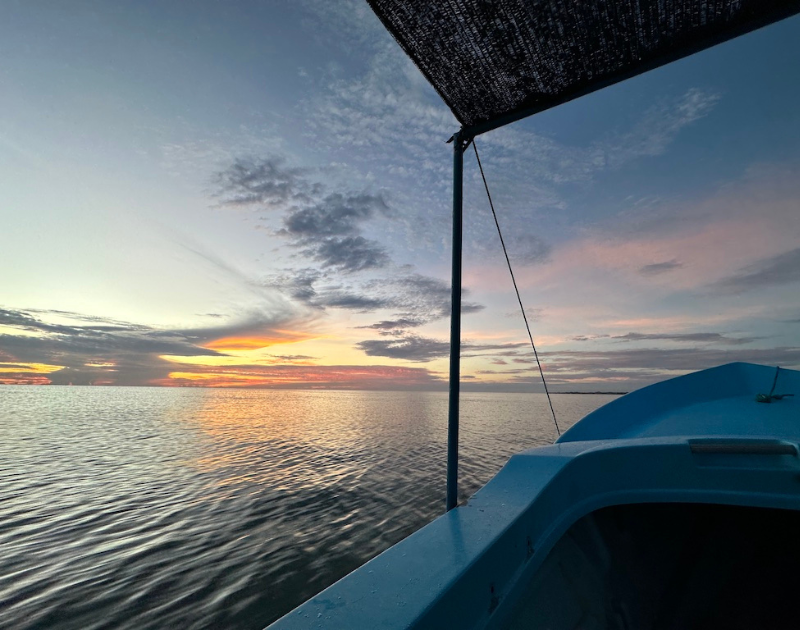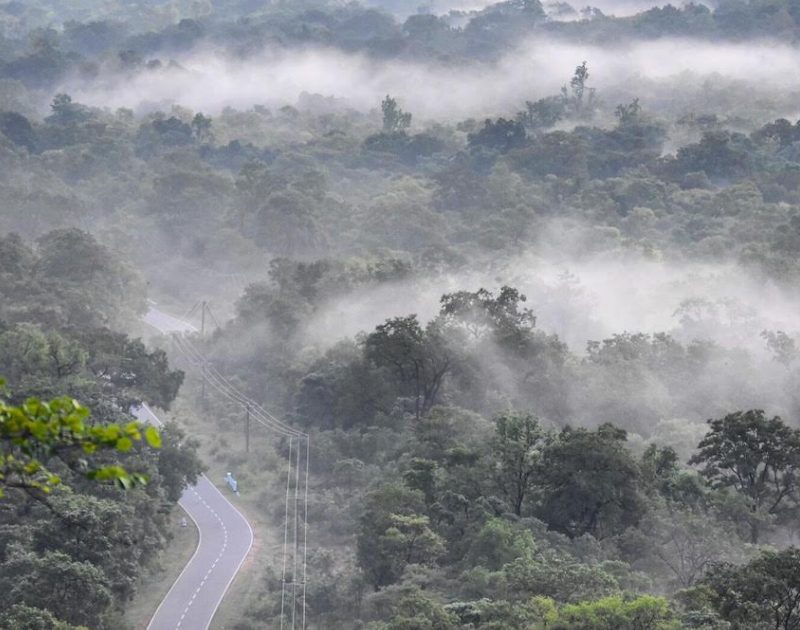
- Home
- Knowledge Insights
- Towards a Nature-Positive Economic Recovery in Sri Lanka: An Interview Series
Amid Sri Lanka’s unprecedented macroeconomic and sovereign debt crisis, the urgency for transformative action has never been more evident. The nation stands at a critical juncture. Traditional policy approaches have brought about instability and social unrest, threatening the hard-won socio-economic and democratic progress achieved since independence. A departure from past approaches is urgently needed and calls for all stakeholders to re-imagine our economic growth path ahead.
As the crisis jeopardizes sustainable development, the looming threat to environmental conservation and natural resource management is becoming apparent. The government’s shrinking fiscal space intensifies the limiting of budgets for crucial initiatives. Meanwhile, much of the private sector is yet to fully integrate nature into their business and investment decisions – beyond corporate philanthropy. To add new ideas to the debate and push the conversation further, Centre for a Smart Future (CSF) and Echelon are collaborating on an interview series featuring carefully selected panelists and topics. This series, comprised of five distinct discussions, delves into strategies ranging from addressing Sri Lanka’s debt crisis by harnessing sustainable finance, to integrating nature-positive business practices within the private sector. By bridging the gap in understanding among diverse stakeholders, from economists and finance professionals to ecologists and environmental experts, these discussions aim to spur new ideas for action.
The themes for the five-part series are:
While the aim of net zero has clarified efforts to combat climate change, until recently, no comparable target existed for biodiversity loss or nature. Being ‘nature-positive’ is gaining traction as a separate but complimentary aim to net-zero, with a goal to halt and reverse the destruction of nature. A nature-positive approach puts nature and biodiversity gain at the heart of decision-making and design. It goes beyond reducing and mitigating negative impacts on nature as it is a proactive and restorative approach focused on conservation, regeneration, and growth. While the evolving concept has a range of meanings (for definitions and terminology, refer our background note here), the central thrust is the call for moving beyond limitation of damage to an economic and business model embedding recovery and regeneration of nature and people within it. For businesses, it is also a process-based change – A new way for businesses to operate, based on a better understanding of their exposure to risks and dependencies, involving conservation, avoidance, regeneration, and recovery of nature.
At CSF, we believe that discussing how Sri Lanka can chart a post-crisis recovery path towards a nature-positive economy is vital because;
UPDATE:
The series was aired by Echelon Media between February and July 2024, and the full playlist can be accessed here


